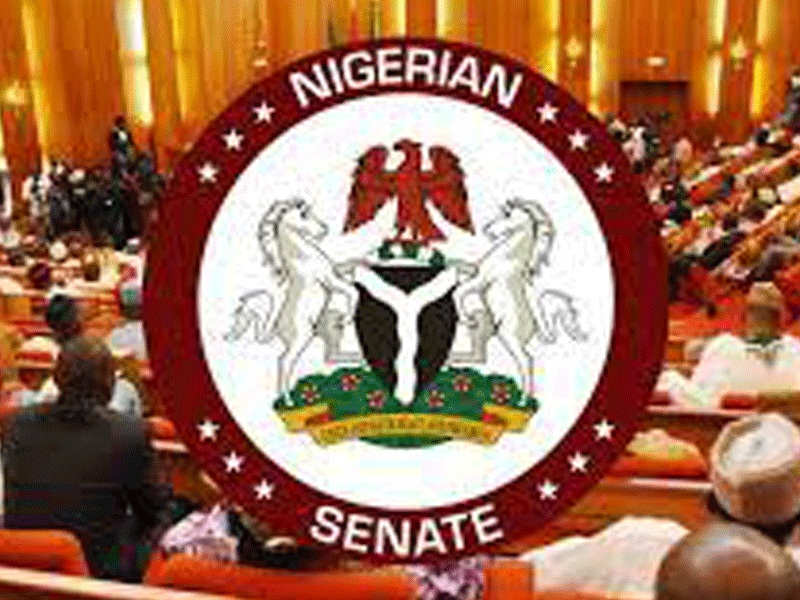Senate To Engage US Government Over ‘Christian Genocide’ Allegations As Plenary Resumes Today
With a move to refute what it called a “dangerous and misleading” narrative that depicts Nigeria as a place where Christians are being genocided, the Senate is scheduled to resume plenary today.
Senator Mohammed Ali Ndume (Borno South), a former Chief Whip of the 10th Senate, is the motion’s sponsor. Senators Sani Musa (Niger East), Aliyu Magatakarda Wamakko (Sokoto North), and Ibrahim Bomai (Yobe South) are co-sponsors.
It aims to disapprove of Nigeria’s recent designation as a “Country of Particular Concern” by the US Congress due to claims of widespread Christian persecution.
“Urgent Need to Correct Misconceptions Regarding the Purported ‘Christian Genocide’ narrative in Nigeria and the international communities” is the title of the proposed motion.
The sponsors cautioned that if such narratives are not contested, they may exacerbate sectarian tensions, skew perceptions abroad, and jeopardize Nigeria’s internal cohesion and diplomatic ties.
In the motion seen in Abuja yesterday, Ndume stated that although there have been terrible and intolerable attacks on Christian communities in various areas of the nation, Nigerians of all faiths have been harmed by the general insecurity brought on by terrorism, banditry, and intercommunal strife.
He maintained that the inaccurate portrayal of these intricate security issues as a religious conflict “does not reflect the reality on the ground,” emphasizing that both Christians and Muslims have lost a great number of people in various regions of the nation.
“Nigeria is a multi-ethnic and multi-religious nation whose unity and stability depend on mutual understanding, responsible communication, and accurate representation of facts,” the motion states.
It also voiced worries that the “Christian genocide” narrative, which has been promoted by some advocacy organizations and foreign media, might exacerbate sectarian distrust and be used by extremists to further destabilize the nation.
The sponsors anticipated that the Senate would pass a number of resolutions affirming that the ongoing crises are caused by intricate socioeconomic, ethnic, criminal, and terrorist factors that cut across religious boundaries, rejecting the generalization of Nigeria’s security situation as a “Christian genocide.”
It will call on the federal government to battle misinformation by implementing a data-driven communication plan that offers confirmed casualty counts, context, and investigative results through the Ministry of Foreign Affairs and other security agencies.
The parliamentarians will also urge Nigerian media, civil society organizations, and religious leaders to refrain from telling stories that could exacerbate sectarian tensions and instead exercise accountability and restraint while making public statements.
When covering Nigeria’s religious or security challenges, the Senate also aims to persuade international media outlets and diplomatic missions—particularly the U.S. Embassy—to rely on reliable and impartial sources, such as local communities and independent observers.
The motion also aims to require the Senate’s Foreign Affairs, National Security and Intelligence, and Information Committees to work with the Executive to develop a coordinated national communication strategy that will use fact-based publications and official briefings to engage foreign partners, including the U.S. Congress.
In order to combat impunity and restore public confidence in state institutions, the parliamentarians also called for the federal government to guarantee justice and accountability for all victims of violent attacks, regardless of their faith or faith.
Nigerian political circles are becoming increasingly frustrated with what they see as inaccurate and simplistic foreign depictions of the nation’s complicated insecurity, particularly from Western governments and advocacy organizations. This is reflected in the motion.
If approved, the Senate’s stance would formally contest the U.S. classification and work to reframe Nigeria as a plural, democratic country that protects its residents of all religions in the face of formidable obstacles.

